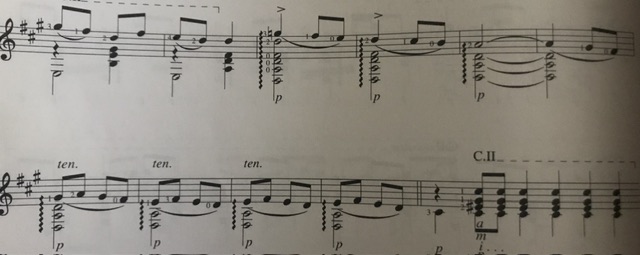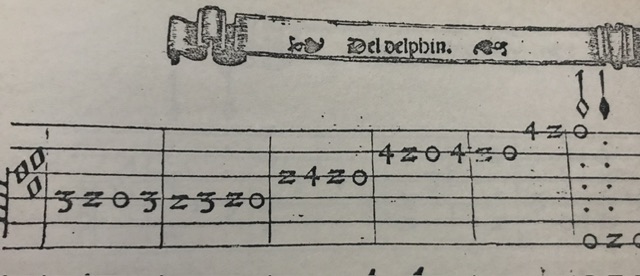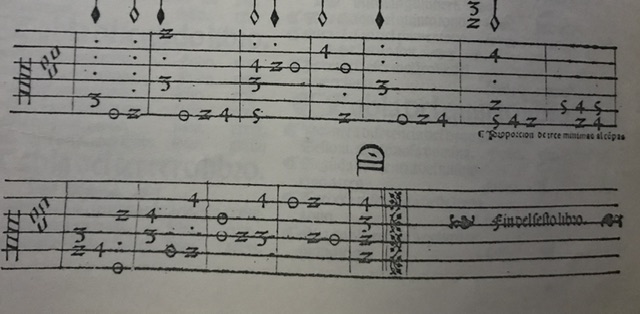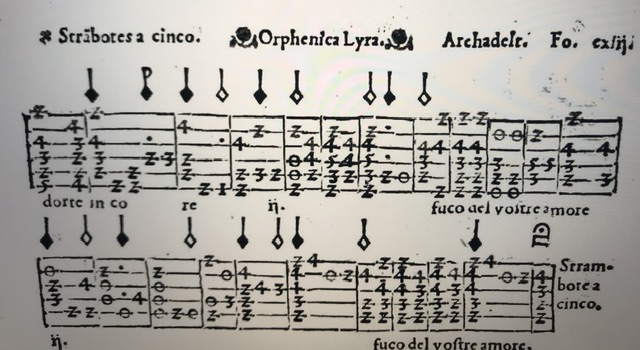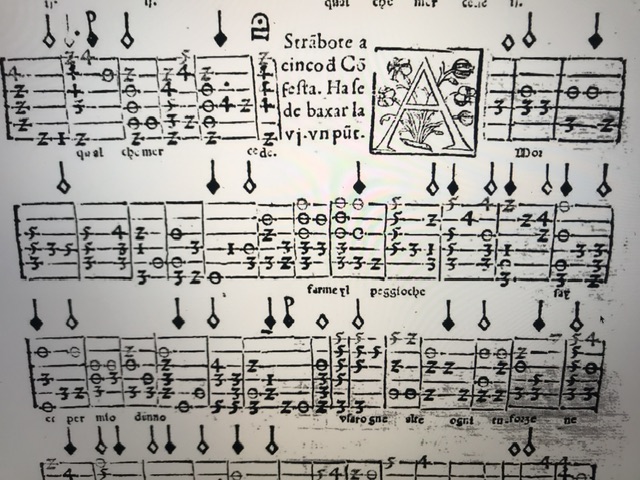|
Ricardo -> RE: classical pieces - and (relatively) easy classical pieces - with or without a flamenco flavor (Nov. 24 2023 18:45:55)
|
quote:
ORIGINAL: Richard Jernigan
Re your idea that rondeña tuning--perhaps without the dropped D--survived from the Renaissance among gitanos:
I don't know where to start looking for this anecdote, but I remember reading it in the last year or so. Montoya, having tuned his guitar a la rondeña, handed it to another well known flamenco guitarist, who was, according to Montoya "unable to play a single note."
So according to Montoya there was at least one other professional flamenco who was unfamiliar with the tuning, and Montoya was pretty confident that he would be.
6
RNJ
The reason being the third string being F# instead of G….that renders the internal design of the instrument as if everything has moved UP a set of strings from normal, or a new treble string was added below the first string, a 4th higher. That means the conceptual key of “Taranta” simply moves UP a physical set of strings, and one can play as normal. That is the relationship between the two toques anyway, basically. The drop D 6th is something most guitar players should have already been familiar with (producing a 5th between strings 6 and 5). This would all beg the question, why would this not facilitate the KEY center of D instead? The idea of tuning this way THEN conceiving yourself in the key of C# is quite random or too specific a function if this was a random discovery by montoya. I am sure there are even today, SOME flamenco players out there that can play traditional flamenco just fine, perhaps for cante or baile even, who NEVER messed with Rondeña, drop D, nor any other altered tunings flamencos have used since. So that type of anecdote needs more qualifiers….who was it, where were they from, family lineage, etc., in order to disqualify the possibility that Montoya was NOT the first and only to use it in 1928.
|
|
|
|
